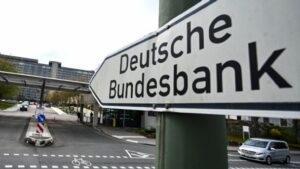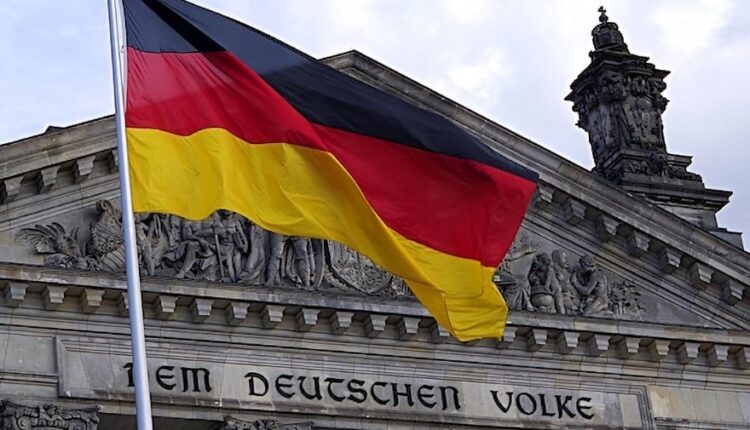The Bundesbank forecasts a recession and double-digit inflation in Germany
Bundesbank economists expect economic output to decline markedly in the last three months of 2022
The German economy is headed for a prolonged economic recession until next year and inflation will remain at double-digit levels, the Bundesbank forecast in its monthly report released today.
“There are growing signs of a recession in the German economy, in the sense of a significant, widespread and prolonged decline in economic output,” the central bank said.
The main reason is the disruption of energy supply as a result of Russia’s war in Ukraine, he said. “High inflation and uncertainty about energy supply and its costs are affecting not only the gas and electricity-intensive industry and its export and investment businesses, but also private consumption and the service providers that depend on it,” explained the Bundesbank economists.
Bundesbank predicts decline in economic output
 According to the analysis, the decline is expected to start in the current third quarter and economic output is likely to decline markedly in the last three months of 2022. “This should apply to the first quarter of next year as well,” it added.
According to the analysis, the decline is expected to start in the current third quarter and economic output is likely to decline markedly in the last three months of 2022. “This should apply to the first quarter of next year as well,” it added.
In the second quarter, Europe’s largest economy still had a slight growth of 0.1 percent compared to the previous quarter, according to data from the Federal Statistical Office.
Since then, prospects have dimmed a lot due to the gas crisis. “Now that Russian gas deliveries to Germany have been largely interrupted, the gas supply situation is extremely tense in the coming months,” the monthly report states.
Economic research institutes such as the Ifo or the Kiel Institute for World Economy (IfW) also recently forecast a recession in Germany.
Double-digit inflation will remain according to the Bundesbank
According to the German central bank, citizens will have to prepare for double-digit inflation rates in the coming months. The measures announced in the latest government aid package for citizens will probably not be reflected in consumer prices until early next year, it said.
The increases in energy prices as a result of the war in Ukraine and the increase in food prices have increased the rate of inflation for months. The reduction in fuel prices and the reduced public transport ticket of 9 euros ($8.99), limited until the end of August, temporarily caused a slight slowdown in price increases.
However, recently inflation again approached the eight percent mark. In August, consumer prices rose 7.9 % compared to the same month a year earlier.
Click the link to subscribe for free to our news and media group on Telegram: https://t.me/G_ELSUMARIO_News
Source: dpa


